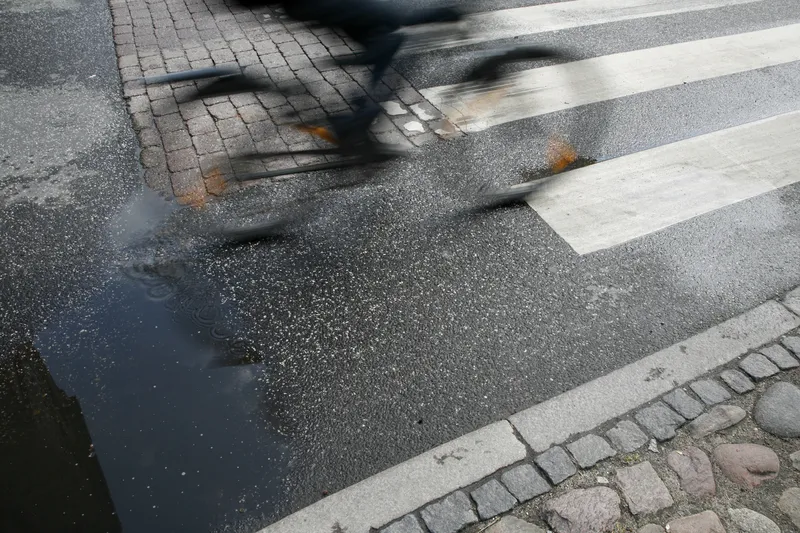The UK Department for Transport (DfT) has announced that the number of people killed in road accidents reported to the police fell by 16% from 2,222 in 2009 to 1,857 in 2010 – the lowest figure since national records began in 1926. A total of 22,660 people were seriously injured in reported road accidents (a reduction of 8%) while 184,138 people were slightly injured (a reduction of 6%). The 2010 figures are significant because they confirm that casualty reduction targets set in 2000 have been surpassed.
April 19, 2012
Read time: 2 mins
RSSThe UK 1837 Department for Transport (DfT) has announced that the number of people killed in road accidents reported to the police fell by 16% from 2,222 in 2009 to 1,857 in 2010 – the lowest figure since national records began in 1926. A total of 22,660 people were seriously injured in reported road accidents (a reduction of 8%) while 184,138 people were slightly injured (a reduction of 6%). The 2010 figures are significant because they confirm that casualty reduction targets set in 2000 have been surpassed.
Despite the overall reduction in casualties, there was a very disappointing rise in the number of cyclists killed - to 111, an increase of seven (7%) on 2009. The number of cyclists seriously injured also increased, by 2% to 2,660. However, it is worth noting that the numbers of cyclists using UK roads continues to increase and particularly for commuting in some urban areas. There was also a disappointing 24% increase in goods vehicle occupants killed - up from 50 to 62.
The number of children who were killed fell by a third (from 81 to 55). There were also reductions in the number of children who were injured.
Despite the overall reduction in casualties, there was a very disappointing rise in the number of cyclists killed - to 111, an increase of seven (7%) on 2009. The number of cyclists seriously injured also increased, by 2% to 2,660. However, it is worth noting that the numbers of cyclists using UK roads continues to increase and particularly for commuting in some urban areas. There was also a disappointing 24% increase in goods vehicle occupants killed - up from 50 to 62.
The number of children who were killed fell by a third (from 81 to 55). There were also reductions in the number of children who were injured.










